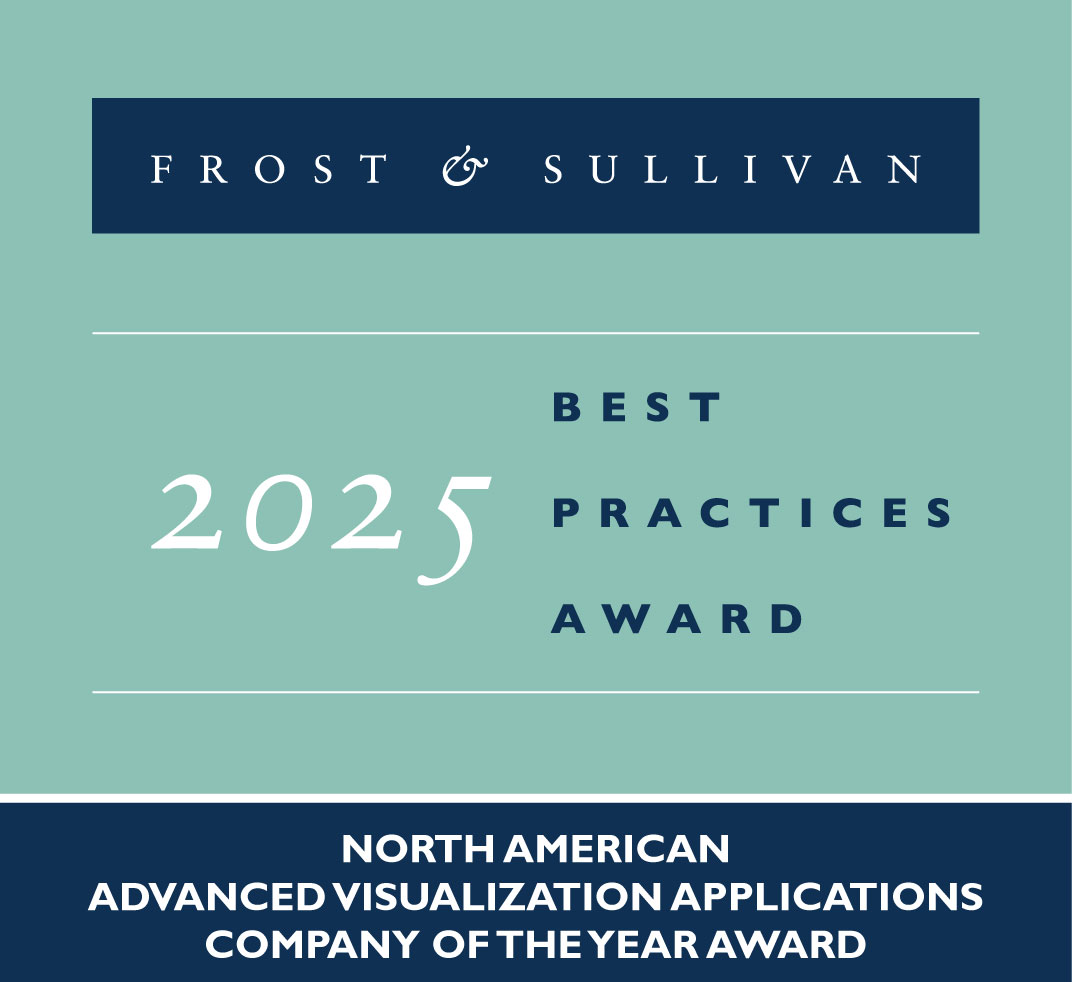Zero liquid discharge (ZLD) systems are designed to treat wastewater discharge and effluents for water reuse or material recovery, via a combination of thermal, chemical, and physical processes. The average water recovery rate is between 90% and 95%, with several opportunities for the recovery and recycling of solids such as salts, metals, and lithium.
As part of Frost & Sullivan’s research on zero liquid discharge technologies, we had the privilege of meeting with numerous industry leaders who are transforming water treatment systems. Whether through portfolio diversification or innovative business model revamps, these leaders in the global ZLD market are at the forefront of revolutionizing the industry.
Water companies are offering clients an array of solutions with varying degrees of risk adoption, maintenance requirements, and operational needs, adapting to their demands. Roserve, an Indian company that was founded as a joint venture of Concord Enviro and the Danish Climate Investment Fund, is one of the companies that is addressing these transformations and promoting voluntary adoption of ZLD practices with its innovative Wastewater as a Service (WaaS) model. Roserve’s business model allows the company to cater to smaller-scale systems and businesses, which might not be prepared for or confident about the potential return on investment (ROI) and viability of a proprietary system.
Another key development is lithium recovery, which capitalizes on the growing demand for this material caused by the transition towards clean and renewable energies. Lithium can be extracted from brines, ores, and clays, with Aquatech leading the way in the refining and purification technologies market in North America, offering lithium brine concentration, impurity removal, and salt purification, among many other solutions that employ evaporators and crystallizers for the production of lithium carbonate (Li2CO3).
Some companies are looking beyond water pollution and zero liquid discharge, seeking to undertake the challenge of not only reducing greenhouse gas (GHG) emissions but also recovering and capturing carbon, promoting circular economies across the globe. Water Next, a global company with headquarters in Italy and offices in both India and Mexico, specializes in employing biological treatments to remove impurities from wastewater, following this process with various membrane-based solutions for water treatment. One of their standout innovations is their solution for carbon dioxide (CO2) recovery. They leverage readily available chimney smoke CO2 to neutralize the pH of wastewater generated by industries such as textiles, steel, tanneries, and food production, avoiding the purchase and use of costly acids, thus reducing OPEX (operational expenditure), minimizing the use of toxic materials, and cutting down on carbon emissions.
Apart from well-recognized market drivers such as water scarcity and the growing body of regulation on wastewater effluents and water security, these novel advances are transforming ZLD technology and companies’ value proposition, striving to reduce CAPEX (capital expenditure) and OPEX, as well as energy demands and subsequent GHG emissions, which have been recognized as key factors restraining widespread adoption.
Aquatech, Roserve, and Water Next are only some of the companies featured in Frost & Sullivan’s recently published growth opportunity analytics: Growth Opportunities for Sustainability and Circular Economy in the Global Zero Liquid Discharge Market. It analyses key growth rates, presents a regional and global competitive analysis of the industry, and identifies potential growth opportunities, drivers, and restraints.




